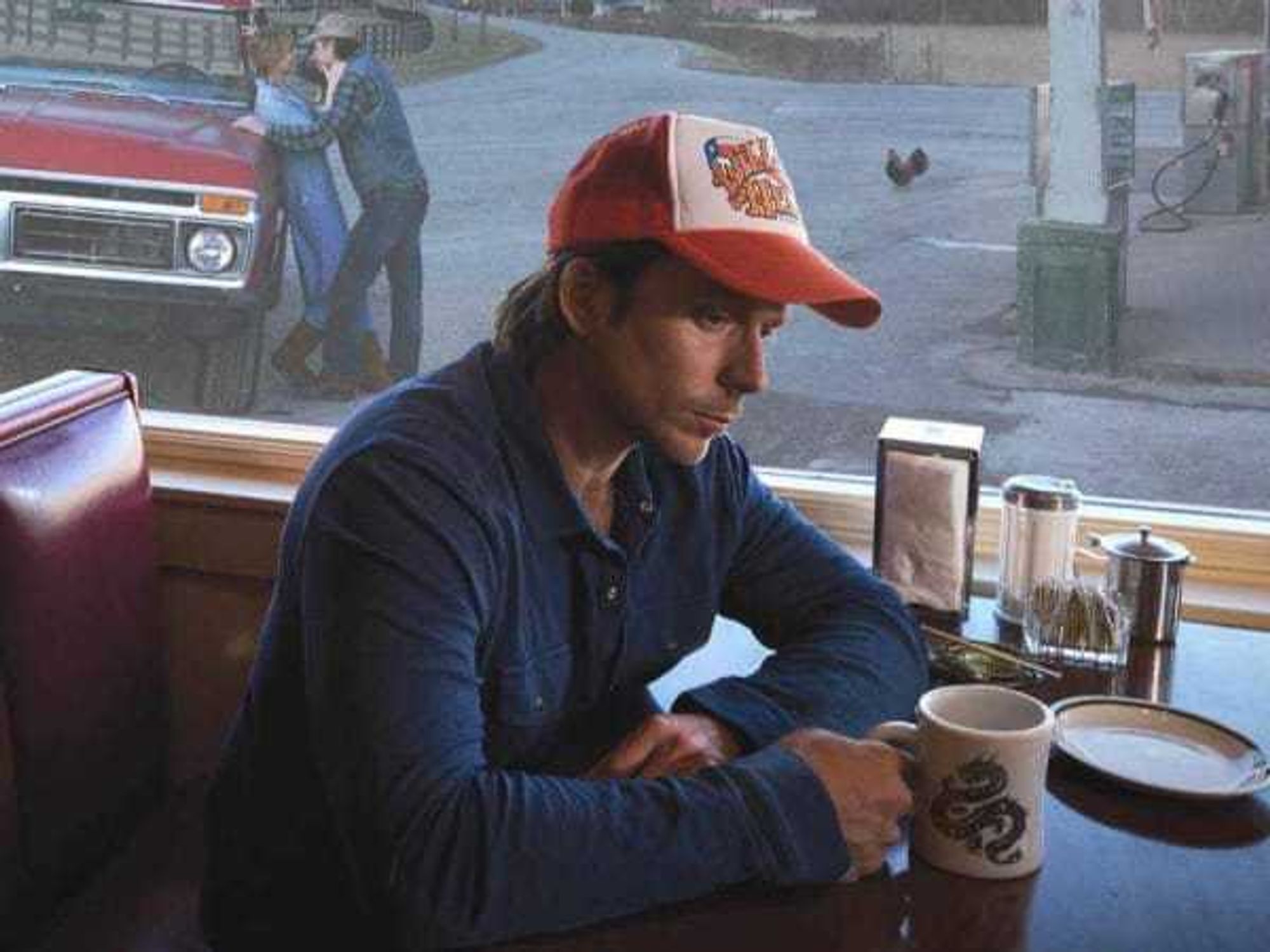News McNabb
The smartest news reporter in town: KXAN's Dr. Kate Weidaw
Kate Weidaw, KXAN TV (NBC) morning reporter can claim something separating herself from all other working broadcast journalists in the Austin market. As of May 19th she will hold the official title of Dr. Kate Weidaw, having completed and defended her dissertation leading to a Doctorate of Philosophy in Broadcast Journalism.
Having not examined the resumes of all reporters and anchors in town, there may be somebody else with that advance degree, but I don’t think so.
When Dr. Weidaw and her husband Nathan West, came to Austin to interview for the morning job in April, 2004, she had higher education on her mind.
“My plan when I came to Austin was to pursue a master’s,” Weidaw says. Prior to moving here, I was in Harrisburg, PA and was accepted into Shippensburg University. However, I never planned to get a Ph.D. It’s thanks to my advisor Dr. Don Heider who suggested I continue on with my studies if I ever wanted to pursue a tenured track position at a university.”
"I think it would be very rewarding to not only teach at a prestigious university but also continue working in the profession that I love.”
It was Weidaw’s mother who promoted a future in education, Weidaw says. “Call it more of a backup plan. Since I was a kid, all I wanted to do was become a TV reporter. But because it is such a competitive field my mom told me to make sure I had a backup plan in life. Since I taught swimming lessons and liked teaching I decided to pick up a second bachelor’s degree at UMass in elementary education. But as soon as I started doing my student teaching I knew it was not for me.”
Teaching is for Weidaw now. In addition to a full-time job at KXAN, finishing her PhD, and being a mother, Weidaw has been teaching a Broadcast Journalism course at St. Edward’s University this year.
“St. Edward’s is an amazing school with bright, energetic students. I am beyond thankful for Dr. Marilyn Schultz,” Weidaw says. A few months before she passed away she asked me if I would like to teach the class, a class she started at the university. It has been an amazing experience.”
What’s amazing, perhaps, is how did she did it all — teach, work full-time at KXAN, work on her doctorate, and be a mom and wife.
“Being in news you become good at time management, so this was carried over to working full time and going to school part time. Prior to having my son two years ago I took classes in the afternoon and studied after getting off work. However, once my little boy came along quiet afternoon hours to study at home were out, so I started using the overnight hours on the weekend to get my work done. Since I get up at 2 a.m. Monday thru Friday for the morning show on KXAN, I decided to do that on both Saturday and Sunday, that way I didn’t miss spending time with my family.”
“I also have to give a TON of credit to my husband,” Weidaw continues. “He has been my biggest supporter and has been the one at home taking care of everything while I work overnight, come home quickly after work, and then head off to St. Edward’s to teach some afternoons or head off to class at UT.
“It’s been a long seven years between my Masters and Ph.D. but well worth every minute.”
So, you may wonder, what were the focuses of her master’s and PhD? They are scary subjects in tender territory. The master’s thesis might make some media managers tremble.
“I looked at the use of consultants in the newsroom. This paper is now published in the Journal of Broadcasting and Electronic Media. I’ve been fascinated by the uses of consultants in conjunction with news decisions,” she says.
Almost all Austin TV stations do audience research on their strengths and weaknesses, including the anchors on the air. Sometimes the findings are useful. Sometimes they are a waste in this writer’s experience.
For her PhD, she tackled a controversial practice that has cropped up in local markets within the past few years when stations are looking for ways to do more with less. “My dissertation concerns the local news pool. That’s where television stations within a single market like Austin, Texas, form a cooperative agreement with the competition to share content such as video and interviews. I analyzed not only Austin but also the Tampa, Florida, and Denver, Colorado, markets.”
In this writer’s opinion this sort of homogeneity is seen as lazy at best and dangerous at worst to journalism purists. Most of the stories covered with a pool camera are fluff or news conferences where every medium might get the same material anyway. Arguably, however, a good reporter, not working as part of the pool, can make much more of these stories than just filler. I have not seen Weidaw’s findings, but I would like to read it.
So, what does the future hold for Dr. Kate Weidaw?
“I am now looking forward to sleeping-in on my weekends, spending more time with my family, and having a few date nights with my husband Nathan. I have given up any type of social life for the past two years,” she says.
What about her professional future? Does it include getting up at 2 a.m.?
“As far as the future is concerned I really admire and look up to Dr. Melissa Harris-Perry. She is not only a professor at Tulane University but also does a show on MSNBC. I think it would be very rewarding to not only teach at a prestigious university but also continue working in the profession that I love.”
(C) Jim McNabb, 2012
